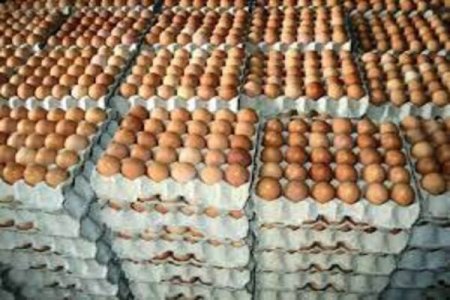
Nigeria's inflation crisis is hitting families hard, with essential food items like eggs becoming unaffordable. Rising costs of living and food prices are forcing drastic changes in diets, highlighting the urgent need for economic intervention.
Bukola Balogun found herself in an embarrassing and uncomfortable situation when her only child, Tolani, cried profusely because there were no eggs in her lunch pack. Her neighbor, Elizabeth, questioned why she couldn't provide eggs for her daughter’s school meal. This incident highlights a broader issue affecting many Nigerian families, as surging inflation makes it difficult to provide an ideal diet.
A crate of eggs now sells for between N3,800 and N4,000 from the farm gate, and over N4,500 in retail shops, compared to N3,200 to N3,500 just a month ago. Ibikunle Akanji, also known as Mummy Anna, lamented the absence of eggs in her family’s breakfast. “We now eat bread without eggs, and for over three weeks we haven't had eggs on our meal table. We eat yam with stew or red oil only,” she said.
Akanji mentioned that the rising cost of other food items is exacerbating the issue. “Tomatoes and pepper are very expensive. I use plenty of onions and tin tomatoes for stew,” she explained. Her neighbor, Mummy Mercy, still buys eggs but only allows her children to eat them on specific days, unlike before when they had eggs daily.
The cost of beans has also surged, now selling at N10,000 for a custard bucket compared to N6,000 previously. “I don’t know what can replace beans on our meal table,” Mercy said. Ogunrinde Sandra, a mother of two, now makes her children share one egg instead of each having one.
Experts emphasize the importance of eggs for children’s health, noting their nutritional value in providing essential vitamins and proteins. However, with inflation eroding household incomes, many Nigerian families are forced to cut back. Former director general of the Nigerian Maritime Administration and Safety Agency, Peterside Dakuku, stated, “Inflation has destroyed households’ disposable incomes and pushed many families into poverty.”
Poultry farmers attribute the rising cost of eggs to the increasing price of feeds. Akinwale Joshua, a poultry farmer, said, “Feed prices have increased by over N1,000 per bag, so there's no way to absorb that without passing it on.”






